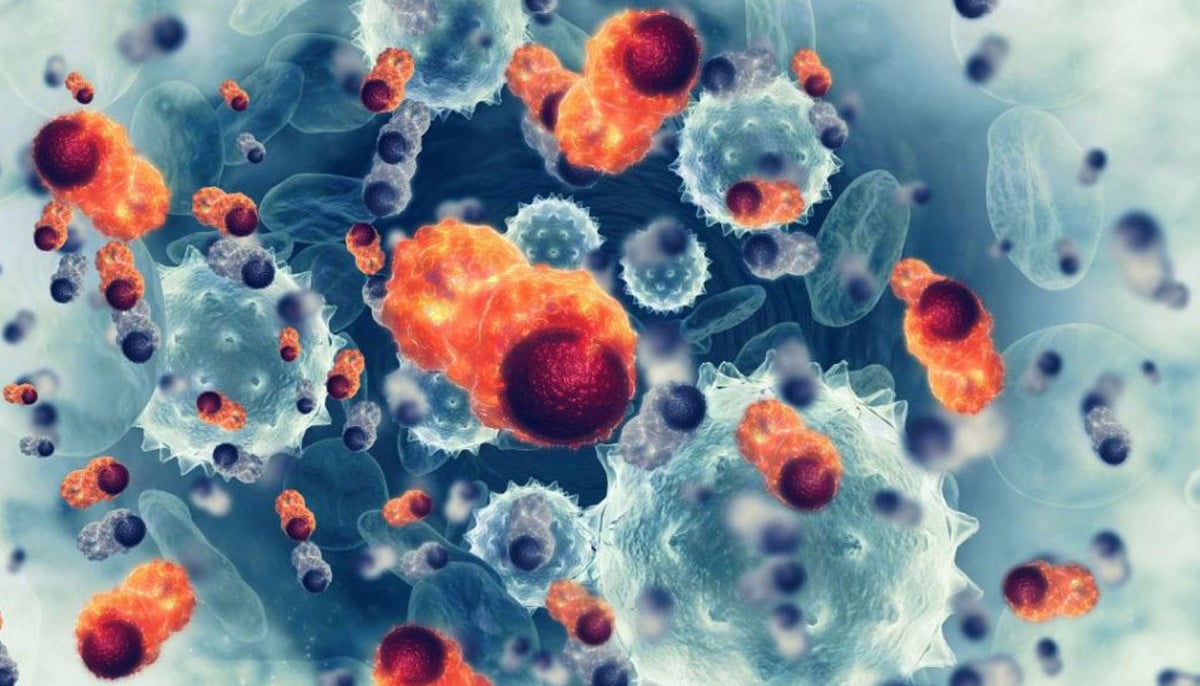KARACHI: Sindh Chief Minister Syed Murad Ali Shah, in principle, has agreed to launch Prime Minister's National Health Programme in six districts of the province for which the provincial government would have to contribute Rs2 billion for three years’ programme.
He took this decision while holding a meeting with state minister for National Health Services, Regulations and Coordination (NHSR&C) Saira Afzal Tarar and her delegation, comprising federal secretary NHSR&C Ayoub Shaikh, DG Health Asad Hafeez, GM State Life Nadeem Bassey, Head of PMU Nadra Mohsin Rizvi and others.
The chief minister was assisted by provincial health minister Dr Sikandar Mendhro, Principal Secretary Naveed Kamran Baloch, Secretary health Dr Usman Chachar, secretary Finance Hassan Naqvi and CEO PPHI Dr Riaz Memon.
Federal secretary health services Ayoub Shaikh, giving the presentation to the chief minister, said that PMNHP is a step forward to universal health coverage. It is an innovative partnership between provinces and federal government to utilise economy of scales.
He added that the provincial government would have to provide premium for secondary care and the federal government finance topping up premiums for priority disease/tertiary care.
The services would be provided by public and private empanelled hospitals while it would be executed by insurance companies. It is a cashless scheme for families living below $ 2 per day (below poverty line) through insurance provided by government.
For the purpose, data of the poor would be used from Benazir Income Support Programme . The family means husband, wife, unmarried children with B form and there would be no cap on numbers of family members.
The federal secretary health, Ayoub Shaikh said that the vision of the programme is to reduce catastrophic health expenses, to improved access to quality medical services and to improve services at public and private sector hospitals.
Under the programme, there would be two hospital benefit packages. The premium covered by provincial government would be of Rs50,000 per family to be enhanced to Rs100,000 if exhausted, for all indoor patient services.
This package covers all medical and surgical illnesses such as hernia, appendix, fractures, injuries, gall bladder & kidney stones, typhoid, pneumonia, gastroenteritis, cataract etc. It also covers maternity services (normal and C-section), follow up and medicines for five days after discharge and provision of free transport for transfer to tertiary care hospitals.
Package two under which federal government would cover the premium. Under this package inpatient services for seven priority diseases like heart disease (angioplasty, bypass, open heart surgery), diabetes Mellitus/complications/insulin provision, burns and accident (Life/limb saving treatment, implants; end stage kidney diseases/dialysis; complications of chronic infections (hepatitis, TB, HIV); organ failure (liver, kidney, heart) and cancer (chemo/radio therapy and surgery).
There would be a limit of Rs250,000 per family per year but it could be enhanced to Rs500,000 if exhausted.
The chief minister said that in the package, transplantation has not been included.
He also added that the districts of Shikarpur, Badin, Shaheed Benazirabad and Sanghar included in the insurance package are not so easy to provide health insurance there because in Badin there was not a good private hospital.
He also said that he would consider to include two more districts but for the purpose the federal government would have to include those hospitals which are running under PPP mode.
He agreed to adopt the scheme and for the purpose he constituted a committee under Minister health Dr Sikandar Mendhro with seecretary health Usman Chachar, secretary Finance Hassan Naqvi and CEO PPHI Dr Riaz Memon to study the PM's healthcare policy and give recommendation within 10 days so that final decision could be taken.
"We have to pay Rs2 billion in three years, therefore we have to study how much benefit the poor people of the province would be able to take out of it," he said.
-
All you need to know guide to rosacea
-
Prevent cancer with these simple lifestyle changes
-
Experts reveal keto diet as key to treating depression
-
Skipping breakfast? Here are some reasons why you shouldn't
-
Sciences reveals shocking body response against heart attack
-
Anti-inflammatory teas to keep your gut balanced
-
Emma Stone reveals she is ‘too afraid’ of her ‘own mental health’
-
5 simple rules to follow for smooth, healthy hair











